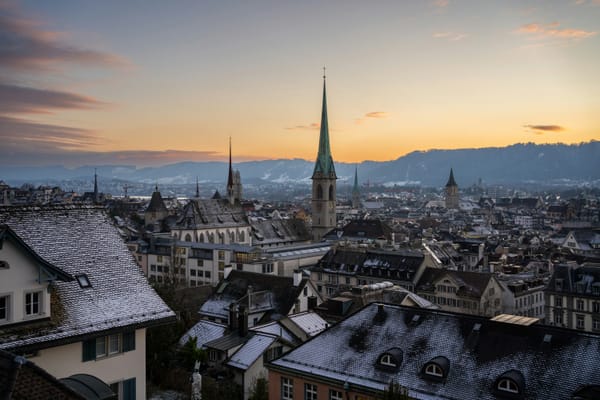
Future of News
The Zurich protocol
They came for the newsroom. It was ready.

Future of News
They came for the newsroom. It was ready.
Fiction
Daniel found the door to another world the day his father died. It sat behind the ugly painting of a hillside in France that his dad bought at a second hand shop a few years ago; he hung it proudly in his bedroom, despite Daniel’s mother’s protests. It
Fiction
I can see twelve sailing dinghies out on the bay, tacking and jibing while the twin, hot suns reflect sparkles in the water. For a moment, I have to squint through the glare to see them from the bluff, but my lens corrects for the ambient light quickly. I save